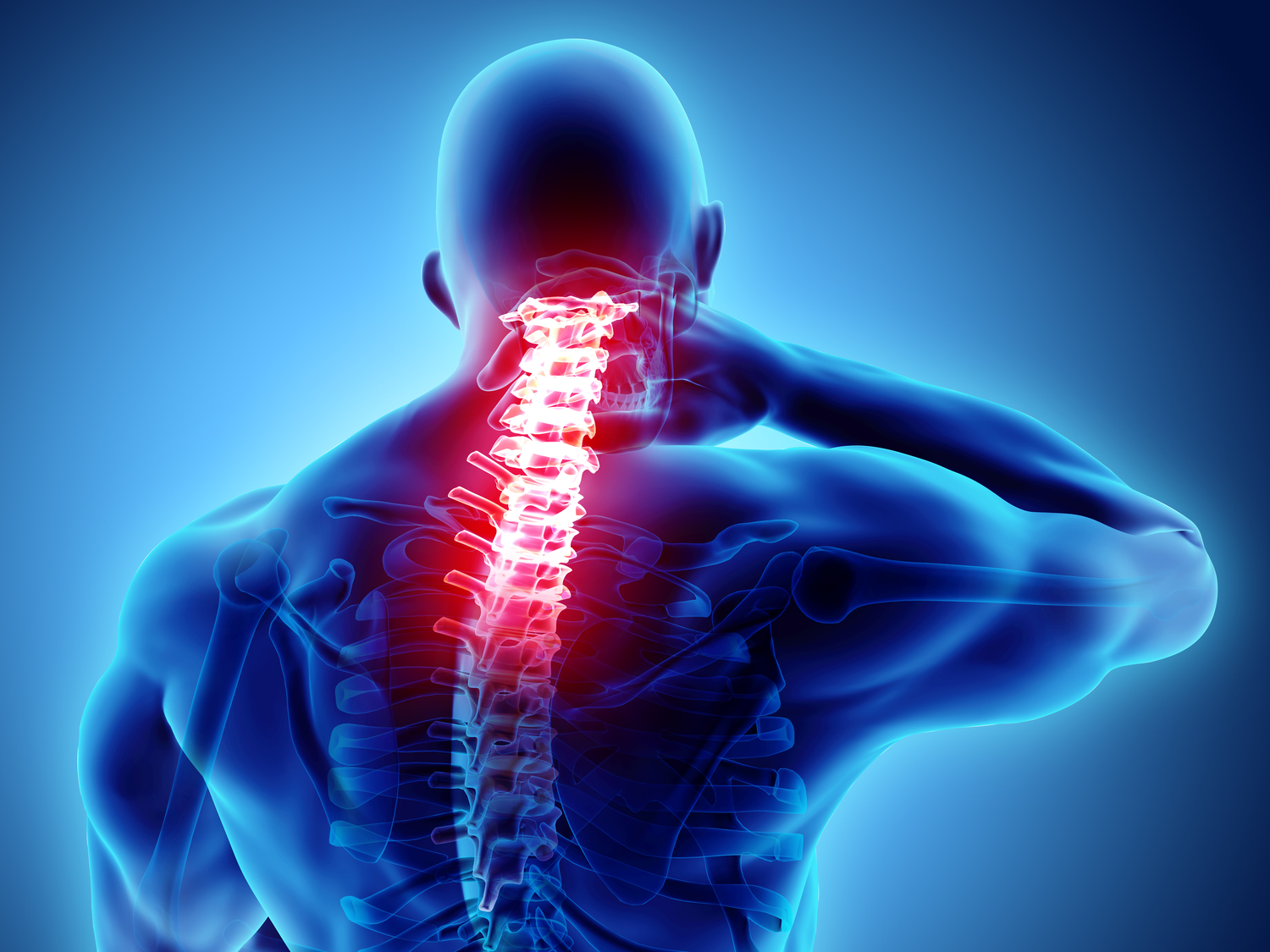Common Causes and Symptoms of Neck Discomfort
Neck pain can arise from multiple causes including muscle strain, injury, or underlying health conditions like arthritis or herniated discs. Recognizing symptoms and understanding when to seek medical help is crucial for effective treatment. This article explores common causes, associated symptoms, and emergency signs related to neck discomfort.

Understanding the Roots of Neck Discomfort
The neck consists of vertebrae stretching from the skull down to the shoulders. These bones, muscles, and ligaments provide crucial support for the head and facilitate movement. The cervical discs act as shock absorbers between the vertebrae, aiding in flexibility and stability.
Why Do You Feel Neck Pain?
Neck pain or stiffness often results from abnormalities, inflammation, injury, or poor posture. Overuse and repetitive strain are common contributors. Injuries from falls, sports, or sudden jerks can also cause discomfort.
Neck pain can also stem from various health conditions, such as:
Muscle Strain: Activities like improper sleeping positions, poor posture during work, or abrupt movements can cause muscle tension.
Trauma: Accidents or sports injuries may overstretch muscles and ligaments, leading to stiffness and pain.
Severe issues such as fractures can threaten the spinal cord, causing intense pain. Other health conditions linked to neck pain include:
Heart Conditions: Neck pain may signal a heart attack, especially when accompanied by symptoms like sweating or nausea.
Meningitis: Inflammation of the membranes surrounding the brain and spinal cord causes intense neck stiffness, fever, and headaches. Immediate medical attention is necessary.
Arthritis: Rheumatoid arthritis may cause joint swelling and neck pain as initial symptoms. Osteoporosis can weaken neck bones, leading to fractures and pain.
Muscle Disorders: Fibromyalgia results in widespread muscle pain, including the neck and shoulders.
Degenerative Conditions: Spondylosis involves age-related disc degeneration, causing neck discomfort. A herniated or slipped disc applies pressure on nerves, leading to localized pain.
Narrowing of the Spinal Canal: Spinal stenosis causes compression of the spinal cord or nerves, resulting in persistent pain and inflammation.
Rare causes include congenital anomalies, infections, tumors, or spinal cancers.
When to See a Doctor?
While minor neck discomfort typically resolves in days, prolonged pain lasting over a week or accompanied by symptoms like fever, numbness, or difficulty swallowing warrants prompt medical consultation. Symptoms such as lumps, headaches, swollen glands, weakness, or loss of movement should also prompt immediate care. Doctors may conduct physical exams and tests to determine the underlying cause.
Note:
The information shared on this platform covers various topics and is meant to guide readers. It should not replace professional medical advice. Always consult a healthcare provider for diagnosis and treatment. The site may not reflect all available treatments or latest medical updates.










